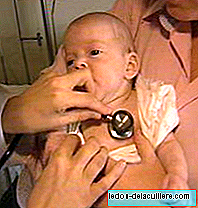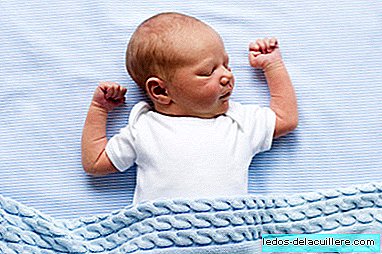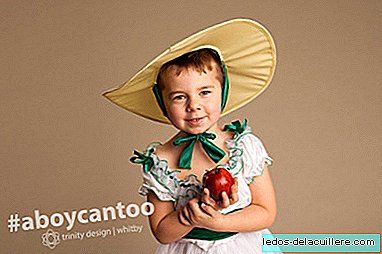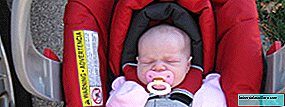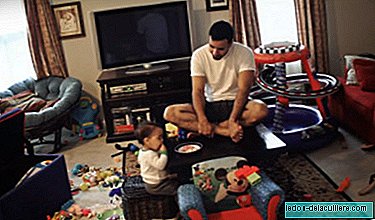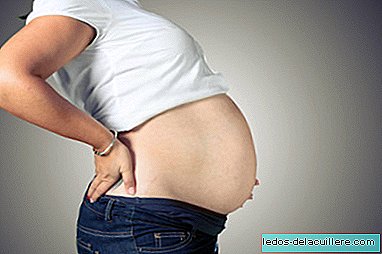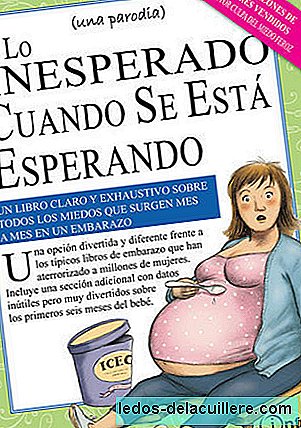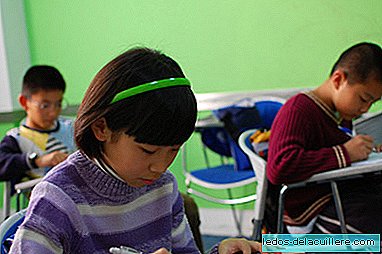
At home we are looking forward to the arrival of the month of June because schools begin to make continuous work (with an hour less than daily class), and we can spend part of the hot afternoons at home.
It is true that there will be final exams, although luckily my son's teacher (the little girl is still in Infant) highly values the work in the classroom and does not send too much homework for class. In third as a child it is still easy to study and in addition the child has his own resources such as his memory capacity and the fact that he is a great reader (this facilitates concentration and richness in written and oral expression).
But for those of you with school children in the Third cycle of Primary (and of course in Secondary), the final stage of the course can lead to a lot of nerves and pressures due to evaluation tests. Therefore, once again, parents can help children cope better with the situation.
Our education system (I know that I am generalizing (the exceptions seem very honorable to me) puts the emphasis on the results and not on the people, without counting that the processes are not usually experimental - which would undoubtedly help the learning more - But the point is that now thousands of students face the final exams, and I would like to put the emphasis on the keys to successfully passing them.
It is very important that students understand the importance of daily work (in the classroom and outside it), and that parents help them to plan and organize.
Before going through the practical advice, I would like to remember that it is highly recommended that have a properly equipped place, well lit and with a good room temperature to study. They will need (in addition) to have on hand writing material, dictionaries and reference books.
Practical tips that lead us to good results:
- To dedicate a daily time to study and finish homework, and if possible within the same schedule. Since they are still young children I think that with 90 minutes a day they should have more than enough - they will have time to increase their dedication in Secondary -.
- Plan in order to develop recreational activities that allow them to unload tensions, interact with their friends and forget about worries. And ensure that these activities are preferably carried out outdoors (now that it is hot we can all afford it).
- Avoid distractions: During the study time the children will not receive visits from their classmates, nor will they have televisions or computers nearby that disperse their attention.
When you need to consult on the Internet aspects related to exams or assignments, it is better to write it down and be able to access it during the break or at the end of the study
- Take 10 minute breaks: We all know that when we are tired we find it harder to concentrate. Children who are still in Primary will have enough with an interruption, from the first of the ESO they will need two breaks (since they will also spend more time studying)
- Have water on hand to get good hydration.
- Sleep well: We have already commented on occasion that children should always go to bed at the same time and sleep at least nine hours daily.
- It is necessary that the children are well fed to face an era that requires a great deal of energy. In your diet you should include natural foods that provide the necessary nutrients, and we will try to make five meals a day, it is also very important that none of the intake is copious.
To find ideas on how to help study your children, you can consult some of the articles we published a few months ago, for example, the one dedicated to the students of the third cycle of Primary, or that other one that explains what the ELSER method consists of.
As parents we must be aware of their difficulties, to help them overcome them. With your support it will be easier for you to achieve success.


